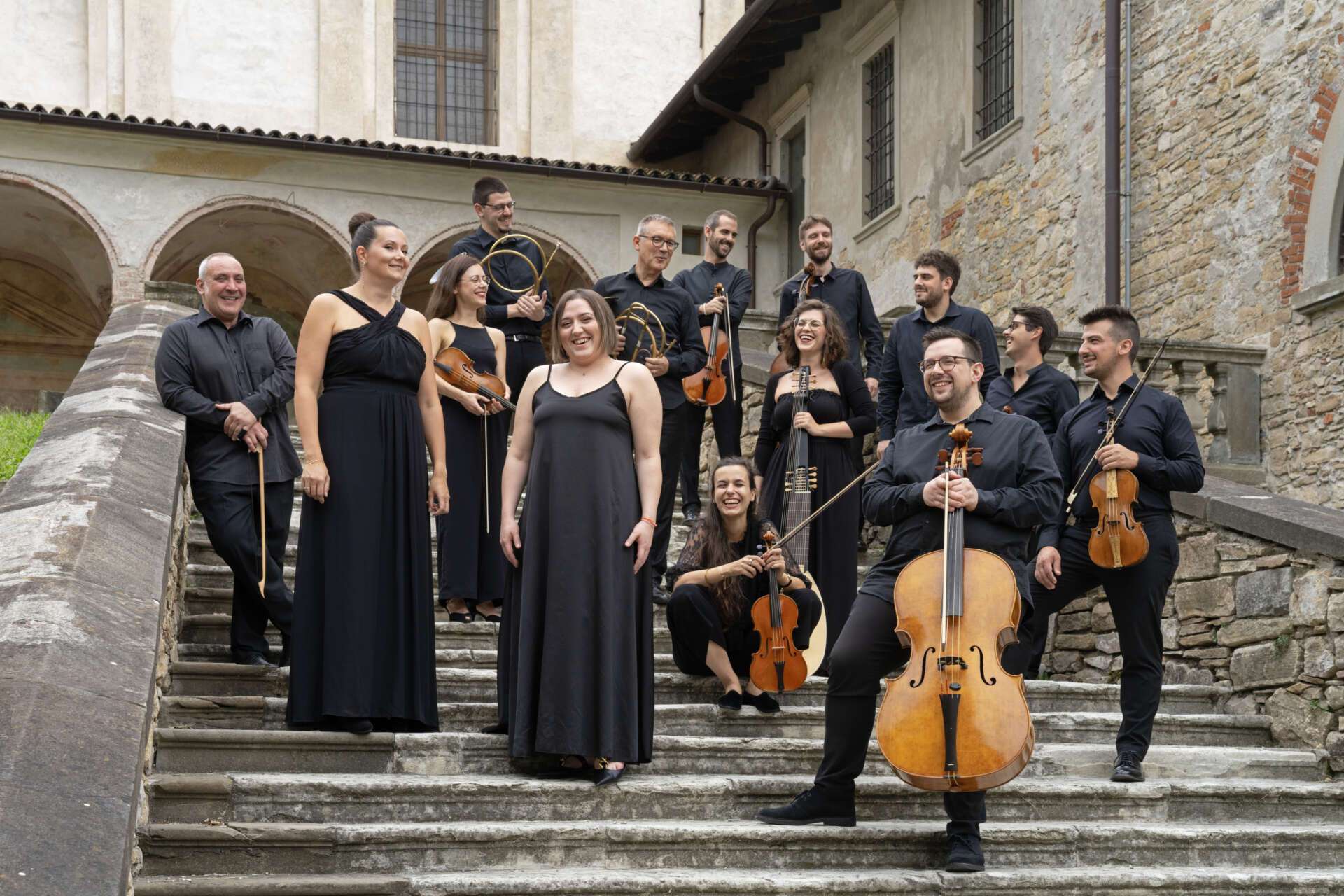Eventi Ospiti
The Sound of Nature
Ridotto Gavazzeni - Teatro DonizettiOne of the major issues the world is being called upon to reflect on nowadays is the relationship between man and nature, in search of the balance and sustainability that will allow our planet to continue to survive. The issue of climate change is central in today's day and age, creating debate and reflection around the world. Clearly, pressing environmental issues had not yet emerged in the Baroque period, and yet the relationship with or, better yet, the exploration of nature was a recurring theme in the arts of this period, with important implications in the philosophical realm as well. In the field of music, Nature is explored both as a source of inspiration, as an imitative process, attempting to imitate with instruments the sounds present in the animal world, and as a theme, as exemplified by the great strand of cantata on pastoral and country themes. The most famous example of instrumental music related to nature is that of Vivaldi's 4 Seasons (the subject of another concert), but for composers the real instrument with which nature could be explored was the voice, as can be seen in the rich repertoire of both madrigal and opera. In this concert the purity of voices will be joined by the violin to revive the practice of diminution on the madrigal, supported by basso continuo. Playbill Jacob Arcadelt (1507-1568) The white and sweet swan Johann Heinrich Schmelzer (1623-1680) Sonata for violin and basso continuo in A major "Del Cucù" Pierluigi da Palestrina (1525- 1594) She dressed the hills and countryside around Girolamo Frescobaldi (1583-1643) If the aura blows Luca Marenzio (c.1553-1599) I said to my beloved shining star Giovanni Battista Fontana (1589-1630) Sonata terza Pierluigi da Palestrina (1525- 1594) Sicut cervus Josquin Desprez (1450-1521) El cricket Saint-Saëns (1835-1921) Calme des nuits, Op. 68 Saint-Saëns (1835-1921) Les fleurs et les arbres, Op. 68 . . . Locatelli vocal ensemble Thomas Chigioni direction

